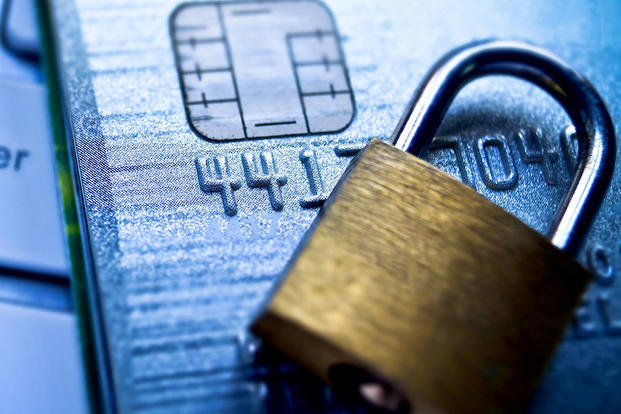With 70 percent of consumers making at least some purchases online and two-thirds of Americans choosing mobile and online banking as their primary ways to bank, security and fraud protection are hot topics of conversation. Fortunately, there are some simple steps you can take to help protect yourself while you shop and bank. Improve your digital security with these tips:
Public Wi-Fi isn’t for banking: In a recent global survey by Symantec, a surprising 25 percent of respondents reported that they’ve checked their bank accounts or accessed financial information while connected to public Wi-Fi. While how you connect to the internet may not seem important, public Wi-Fi is not secure because most don’t encrypt the information you send and other people who are on that same Wi-Fi could gain access to your device and accounts. Don’t put your sensitive information at risk. Protect yourself by avoiding public Wi-Fi networks while managing your financial information.
Use official banking apps: It’s easy to be fooled by fake webpages or links that look like they came from your bank or credit union. If you’re using a mobile device, boost your security by using your financial institution’s official app, which is usually more secure than other options. Be sure to always keep it updated for the latest security patches.
Keep on top of your accounts: One of the best ways to stay ahead of fraudsters is to check your bank accounts and credit card statements regularly, so if there’s a transaction you don’t recognize, you can act quickly. (Some financial institutions, like Navy Federal, will allow you to set up automatic notifications, so you’ll be notified when transactions are made.) It’s also wise to request a free credit report at least once a year and make sure nobody has opened accounts in your name or there are no errors.
Leave no trace: If you absolutely need to use a public computer to access your banking accounts, be sure to disable password saving, log out of your account as soon as you’re done, and delete your browsing history, cache and cookies. To be extra sure, change any passwords you enter on a public computer as soon as you have access to a secure internet connection.
Beef up your login: Create unique and difficult passwords for every account, using a mix of characters. Don’t ever save these passwords to your browser or allow automatic login so the information isn’t easily accessible if you lose your device. Where possible, set up two-step authentication for your accounts so that if anyone tries to log in from an unrecognized device, they’ll be asked for a code from an email or text.
Your Partner in Security
Navy Federal is committed to partnering with our members in safeguarding personal and account information. You can learn more about how to safeguard against common attacks by visiting our Security Center.
This article is intended to provide general information and shouldn't be considered legal, tax or financial advice. It's always a good idea to consult a tax or financial advisor for specific information on how certain laws apply to your situation and about your individual financial situation.




